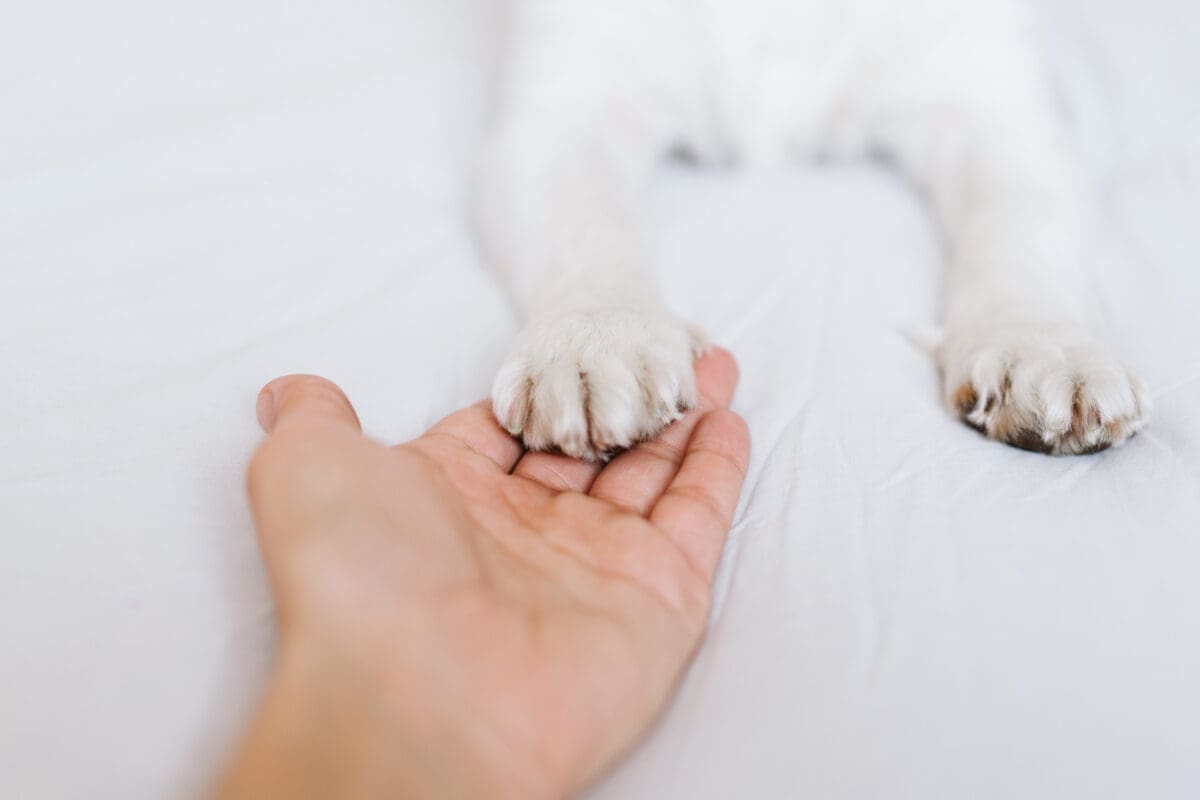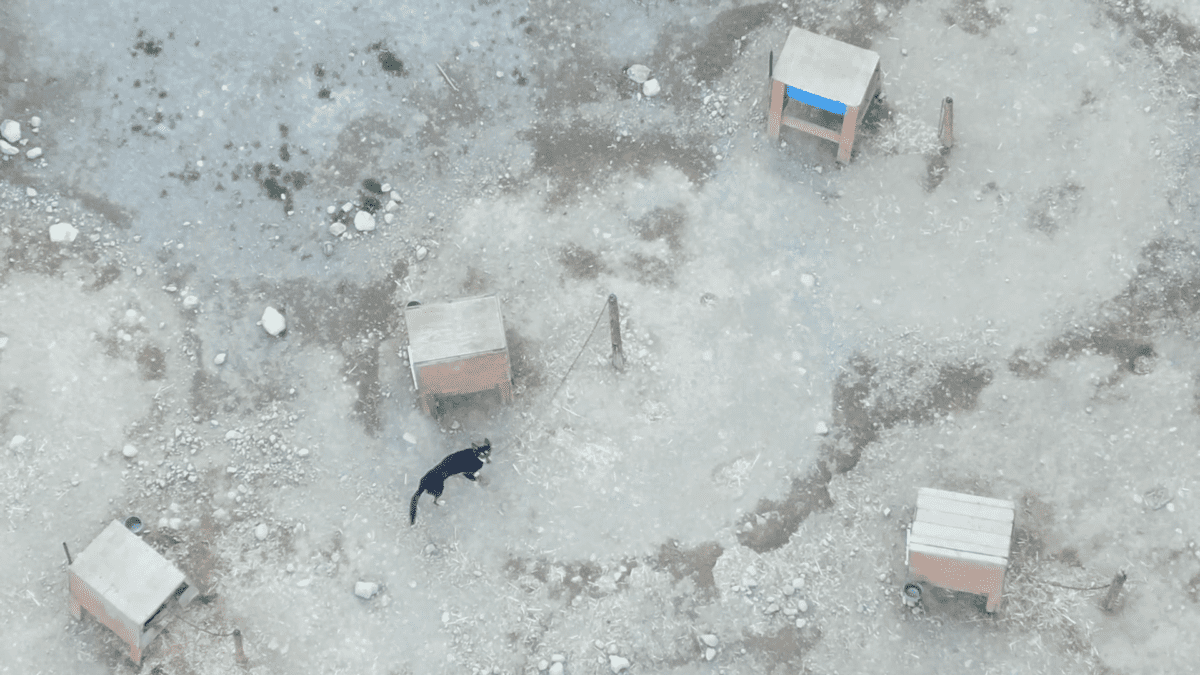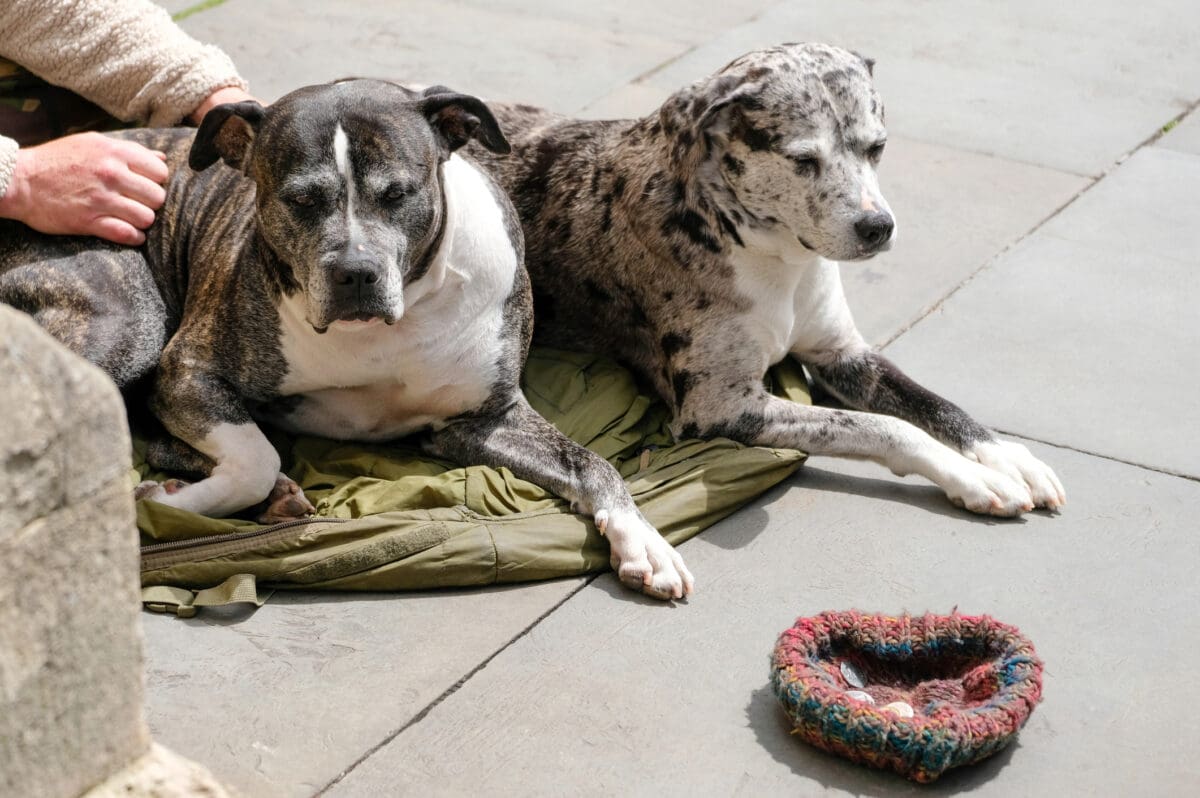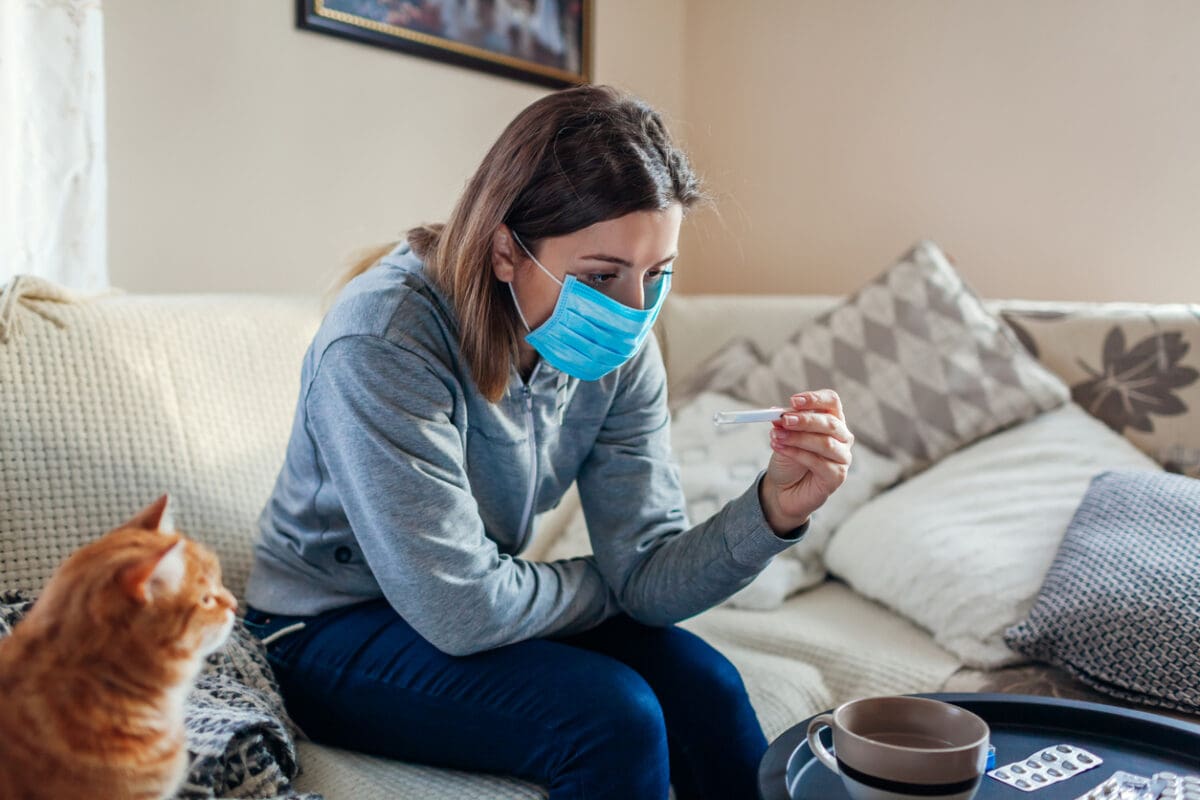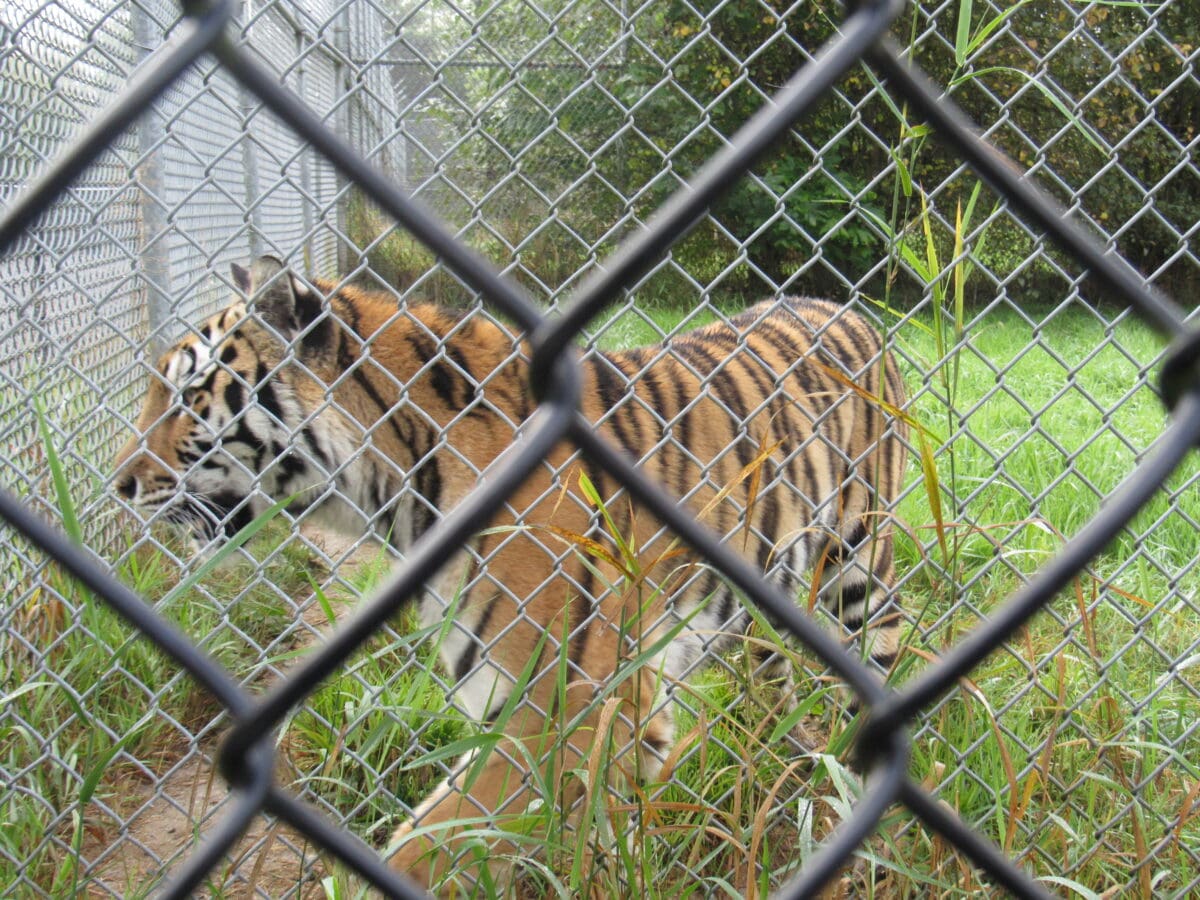VANCOUVER, Oct 26, 2021 – People living on a low income have strong bonds with their pets. However, structural barriers – like a lack of animal-friendly transportation and financial affordability – make it difficult for these loving guardians to access needed veterinary care. The existing barriers have been compounded by the COVID-19 pandemic, when animal hospitals had to cancel or limit appointments and guardians were unable to accompany their pets into the clinic.
A new journal article published by the Vancouver Humane Society (VHS) and Dalhousie University Professor Haorui Wu offers unique insight into the barriers faced by low-income people accessing veterinary care in 2020. The article details the lived experiences and recommendations of twelve animal guardians who accessed financial support for urgent veterinary services.
“I still have the fear if you can’t pay for the bill, they may ask you to surrender the animal,” explained one animal guardian living on a low income. “I didn’t want to surrender the animal. I can feed her. She’s loved. She’s not abused.” When a veterinarian or animal shelter requires a low-income person to surrender their pet to get access to veterinary care, a serious ethical dilemma exists as the pet is then rehomed into a wealthier family.
Examining and addressing barriers to veterinary care is a key part of creating a more equitable society. Companion animals are an essential part of their guardians’ lives now more than ever – with evidence suggesting that animals positively impact how people react, cope, and recover from disaster situations.
“Nobody should have to choose between paying rent and for veterinary care,” another participant said. “I find that a really scary thought.”
The article lays out suggestions to help low-income animal guardians access care, such as offering payment plans and training staff to offer trauma-informed services – the same approach used by social services workers who already interact with underserved communities daily. Creating an environment where all guardians can access veterinary care can reduce their stress, help animals get the urgent care they need, and encourage low-income individuals to bring their pets in for preventative care before their health is in crisis. It can also remove the need for financially motivated euthanasia, which needlessly takes animal lives and takes a severe mental toll on veterinarians and technicians.
The research process was funded by the Social Sciences and Humanities Research Council (SSHRC). It can be found on the VHS website.
-ends-
For further information: Amy Morris: 604-416-2901, amy@vancouverhumanesociety.bc.ca
Related links:
https://vancouverhumanesociety.bc.ca/posts/new-research-veterinary-care-covid-19

